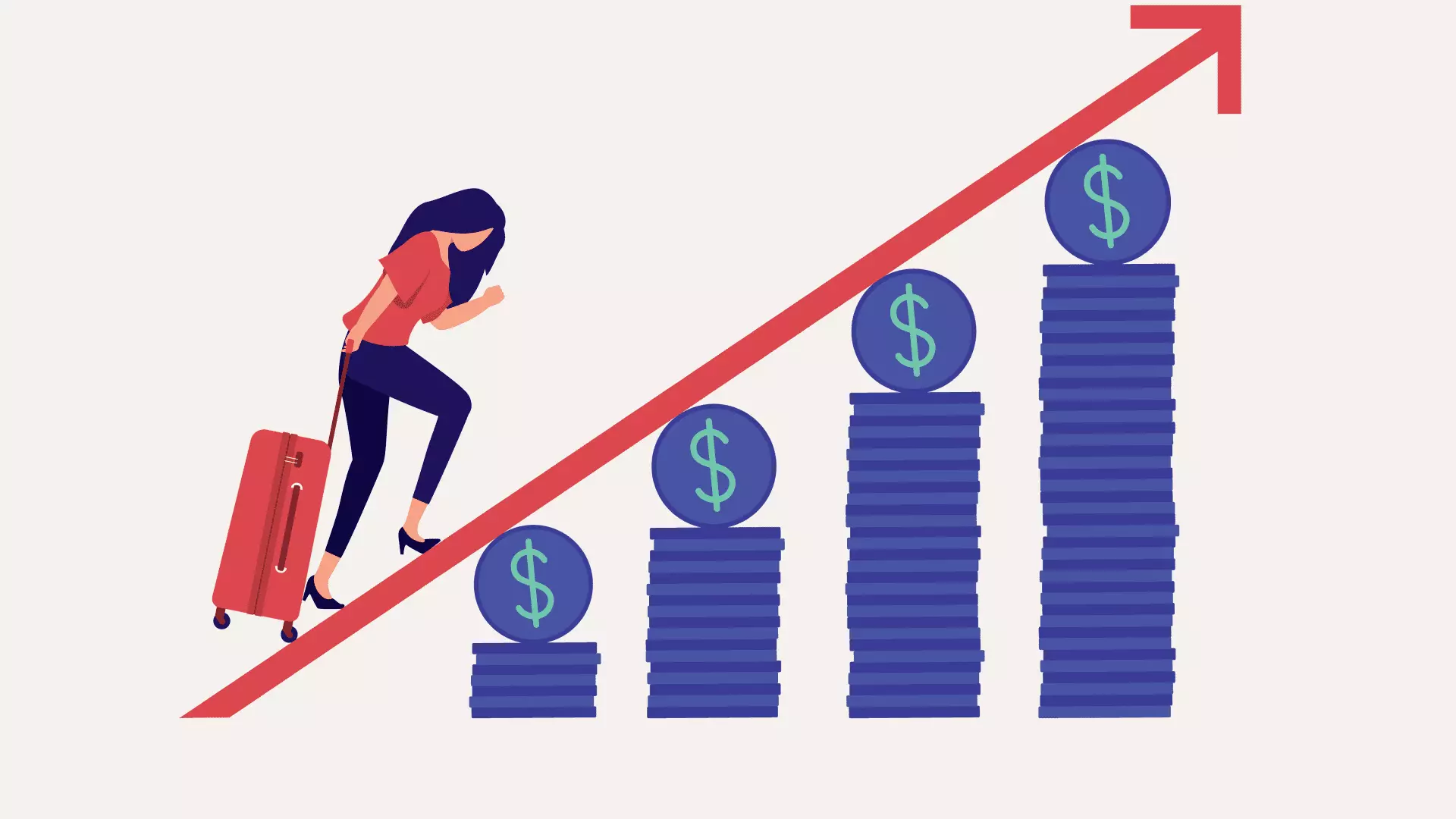As the world emerges from the grips of the pandemic, travelers are facing a new reality when it comes to their vacation plans. The era of revenge travel, where people sought to make up for lost time by embarking on extravagant trips, seems to be coming to an end. According to a report by Deloitte Insights, Americans are scaling back on their travel plans for the summer of 2024. This shift can be attributed to a combination of factors, including depleted pandemic savings and rising travel costs.
The repercussions of this decrease in travel demand are being felt throughout the travel industry. Major companies such as Marriott, Hyatt, and Airbnb are all expecting a weakening in travel demand this year. This translates to fewer bookings for accommodations, fewer flights being taken, and an overall decrease in revenue for the industry as a whole. With Americans planning an average of 2.3 trips this summer, compared to 3.1 trips in 2023, it’s clear that the landscape of travel is changing.
One of the primary reasons cited for the decrease in travel plans is the high cost associated with traveling. Deloitte’s survey revealed that nearly a third of respondents mentioned that travel is too expensive at the moment. This sentiment is echoed by the fact that 14% of travelers are planning to spend less on their trips, opting for shorter durations to cut costs. Additionally, rising prices are forcing 19% of travelers to spend more, not because they want to, but because they feel they have no choice.
A notable trend highlighted in the data is the difference in spending habits between generations. Gen Zs and millennials are cutting back on recreational spending, including travel, concerts, and sports events. This shift in priorities indicates a normalization of the market following the end of revenge travel. While older generations focused on saving for the future, younger adults are more inclined to prioritize experiences in the present. However, there seems to be a limit to this mindset, as travel is considered essential for mental health but not as critical as basic needs like housing and food.
The changing landscape of travel spending in 2024 reflects a shift in priorities and financial realities for travelers. As the era of revenge travel fades, people are reevaluating their vacation plans and spending habits. The travel industry is facing challenges as demand weakens, prompting companies to adjust their strategies to cater to the evolving needs of travelers. Moving forward, the key will be to find a balance between the desire for experiences and the financial constraints that may limit travel options.


Leave a Reply